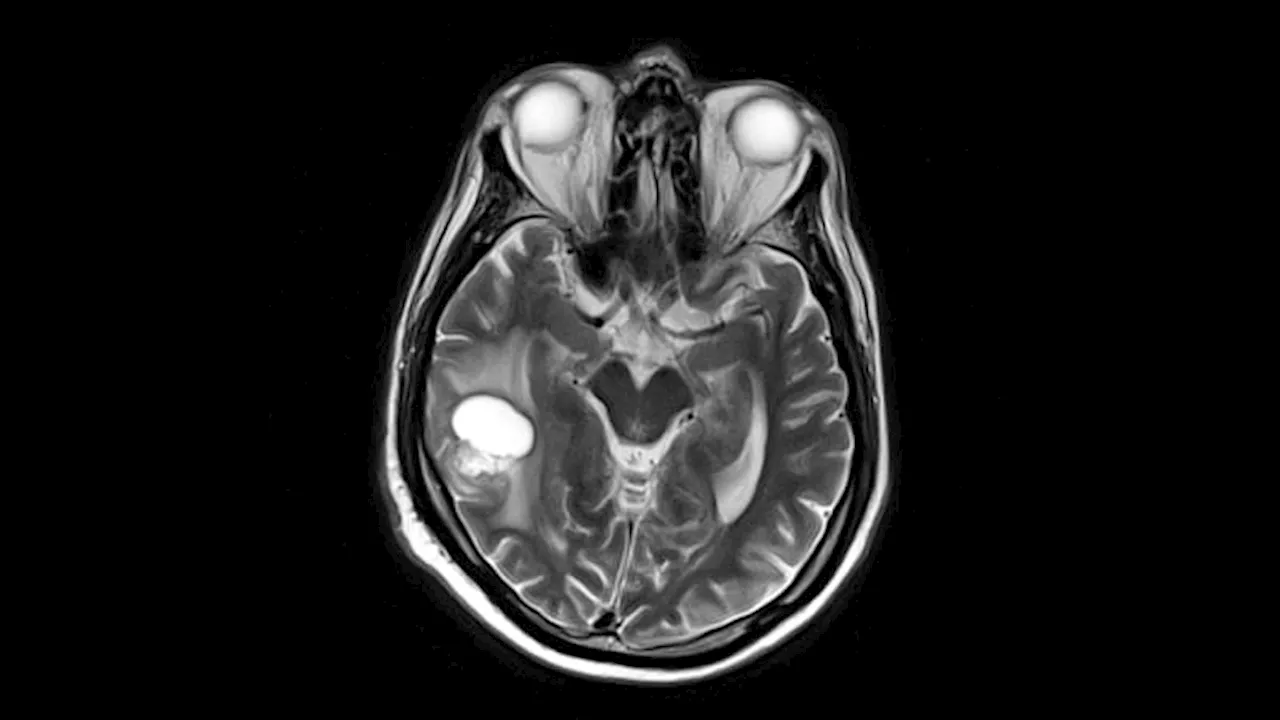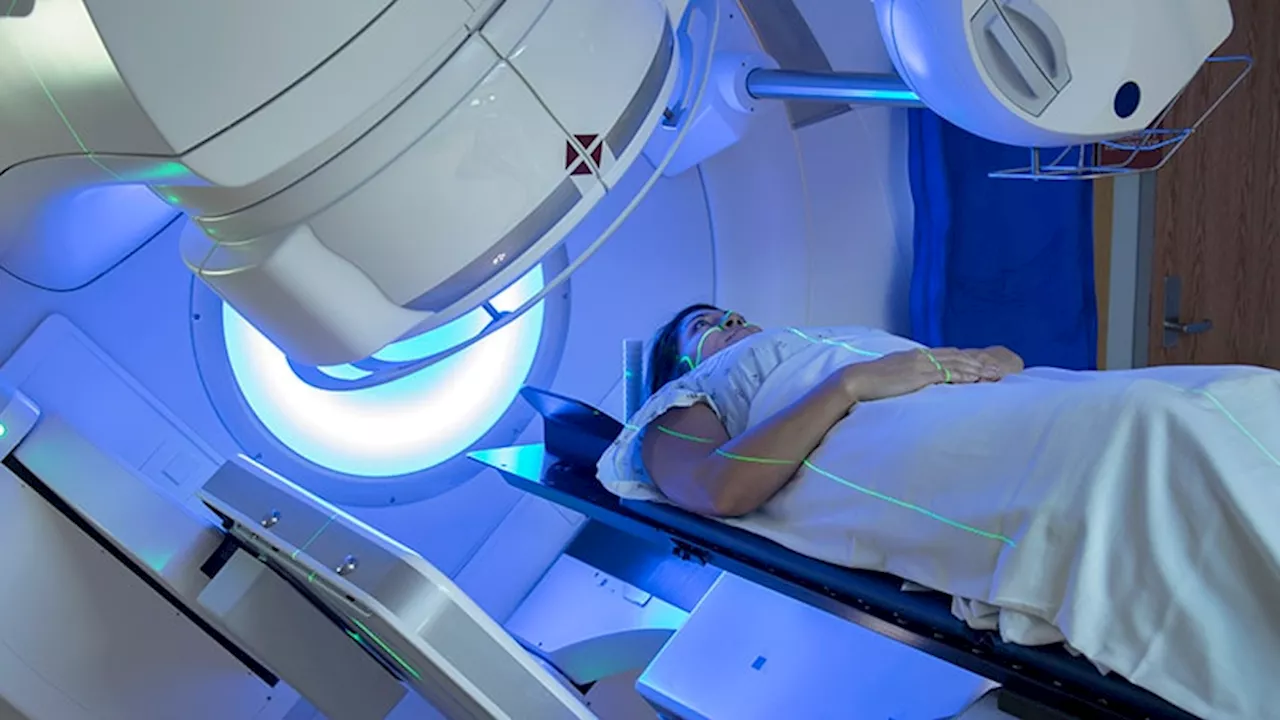The treatment-related adverse events, however, were higher with the radiotherapy-TKI combination among patients with oligometastatic NSCLC.
Combining thoracic radiotherapy with first-line EGFR tyrosine kinase inhibitor therapy improves progression-free survival by 6.5 months and overall survival by more than 8 months in patients with-mutated metastatic non–small cell lung cancer and up to three metastatic organs. However, the combination is associated with a higher incidence of treatment-related adverse events compared with TKI therapy alone.
In both groups, 13.6% of patients had three metastatic organs; however, about 32% in the combination group and 44% in the TKI-only group had two, and 54.2% in the combination group and 42.4% in the TKI-only group had at least one. More than 40% of patients in each group — 40.7% in the combination arm and 42.4% in the icotinib arm — hadThe combination of thoracic radiotherapy and icotinib improved progression-free survival by 6.
Lung Carcinoma Cancer Of The Lung Non-Small Cell Lung Cancer Nsclc Radiation Therapy Radiotherapy Radiation Oncology Malignant Head And Neck Neoplasm Head And Neck Cancer Head And Neck Cancer (HNC) Brain Metastasis Metastatic Brain Tumor Metastatic Disease To The Brain Brain Metastases Metastatic Brain Tumour Brain Metastasis Metastatic Carcinoma Metastatic Cancer
United States Latest News, United States Headlines
Similar News:You can also read news stories similar to this one that we have collected from other news sources.
 SBRT vs Hypofractionated Radiotherapy for Stage I NSCLC?In a recent phase 3 trial, SBRT led to similar tumor control and survival outcomes compared with hypofractionated conventional radiotherapy in patients with stage I NSCLC.
SBRT vs Hypofractionated Radiotherapy for Stage I NSCLC?In a recent phase 3 trial, SBRT led to similar tumor control and survival outcomes compared with hypofractionated conventional radiotherapy in patients with stage I NSCLC.
Read more »
 Nivolumab NSCLC Approval Expanded to Perioperative SettingThe checkpoint inhibitor is now approved, based on CheckMate 77T findings, for neoadjuvant/adjuvant use in patients with resectable NSCLC.
Nivolumab NSCLC Approval Expanded to Perioperative SettingThe checkpoint inhibitor is now approved, based on CheckMate 77T findings, for neoadjuvant/adjuvant use in patients with resectable NSCLC.
Read more »
 Gotistobart Trial for NSCLC on Partial Clinical HoldThe FDA placed the hold on the phase 3 PRESERVE-003 trial of the antibody candidate due to varying results between patient populations, according to an SEC notice.
Gotistobart Trial for NSCLC on Partial Clinical HoldThe FDA placed the hold on the phase 3 PRESERVE-003 trial of the antibody candidate due to varying results between patient populations, according to an SEC notice.
Read more »
 Should First-Line Dual Checkpoint Blockade Be Used for NSCLC With Specific Mutations?Researchers conducted a subgroup analysis of POSEIDON trial data, then characterized underlying biologic mechanisms using mouse models.
Should First-Line Dual Checkpoint Blockade Be Used for NSCLC With Specific Mutations?Researchers conducted a subgroup analysis of POSEIDON trial data, then characterized underlying biologic mechanisms using mouse models.
Read more »
 Full Cognitive Recovery After Brain Radiotherapy Possible for Many PatientsA sizeable proportion of patients with cancer who experience cognitive decline after radiation treatment for brain metastases may regain full neurocognitive function within 6 months.
Full Cognitive Recovery After Brain Radiotherapy Possible for Many PatientsA sizeable proportion of patients with cancer who experience cognitive decline after radiation treatment for brain metastases may regain full neurocognitive function within 6 months.
Read more »
 Systemic Treatment May Reduce Need for Brain RadiotherapyA significant minority of patients with brain metastases may avoid radiotherapy, but they need to be carefully selected.
Systemic Treatment May Reduce Need for Brain RadiotherapyA significant minority of patients with brain metastases may avoid radiotherapy, but they need to be carefully selected.
Read more »
